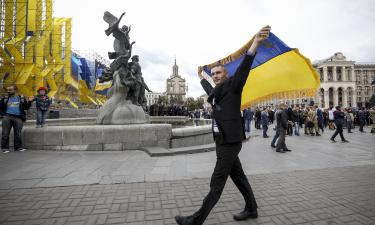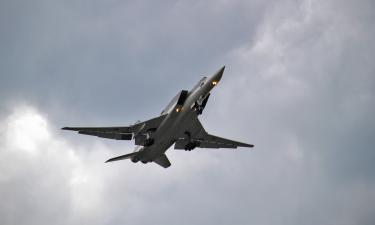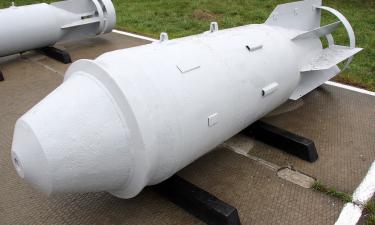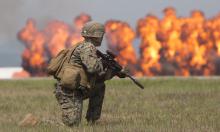Communist rebels in Nepal announce unilateral cease-fire by one month
Communist rebels in Nepal announced Friday they will extend their unilateral cease-fire by one month to help pressure the king to restore democracy. Prachanda, the leader of the Maoist rebels, said they decided on the extension after considering requests from home and abroad. The three-month unilateral cease-fire was to have expired this weekend. The extension will offer a chance to find peace in Nepal, Prachanda said in a statement.
"After considering the plea from those in favor of peace and a stable political situation in the country, we decided to extend the cease-fire by one month," he said. "Our party believes that this decision will help boost the movement against the autocratic regime and speed up the process for peace," he said.
Since declaring the initial unilateral cease-fire on Sept. 3 in the hope of reviving peace talks, the rebels have reached an agreement with an alliance of seven top political parties to push King Gyanendra to restore democracy. Gyanendra seized absolute control of the government on Feb. 1, a move he said was needed to quell the communist insurgency.
The rebels and political parties also agreed to cooperate in reinstating parliament, forming a government and holding elections for a special assembly that would draft a new constitution, a condition long sought by the rebels.
The rebels also said they would end their insurgency, in which about 12,000 people have died since 1996, and give up their arms under international supervision if an election for a special assembly is held.
The rebels, who claim to be inspired by Chinese communist revolutionary Mao Zedong, have been fighting to topple Nepal's monarchy and establish a communist state. The political parties have been organizing street protests against Gyanendra and the royal government. A mass protest was planned for later Friday in Katmandu, reports the AP. I.L.
Subscribe to Pravda.Ru Telegram channel, Facebook, RSS!





